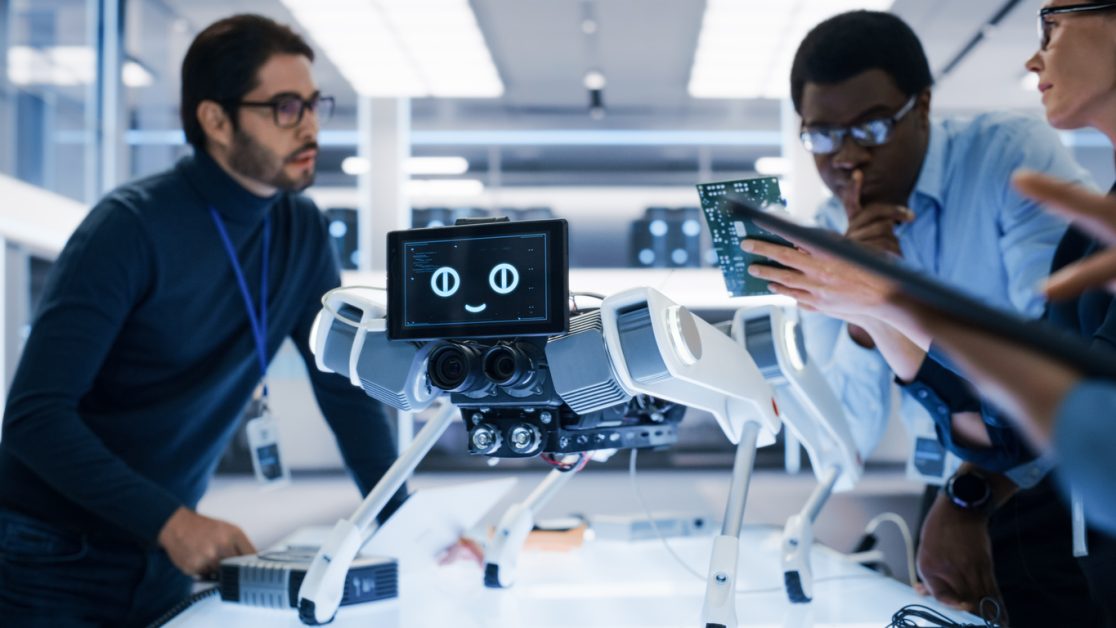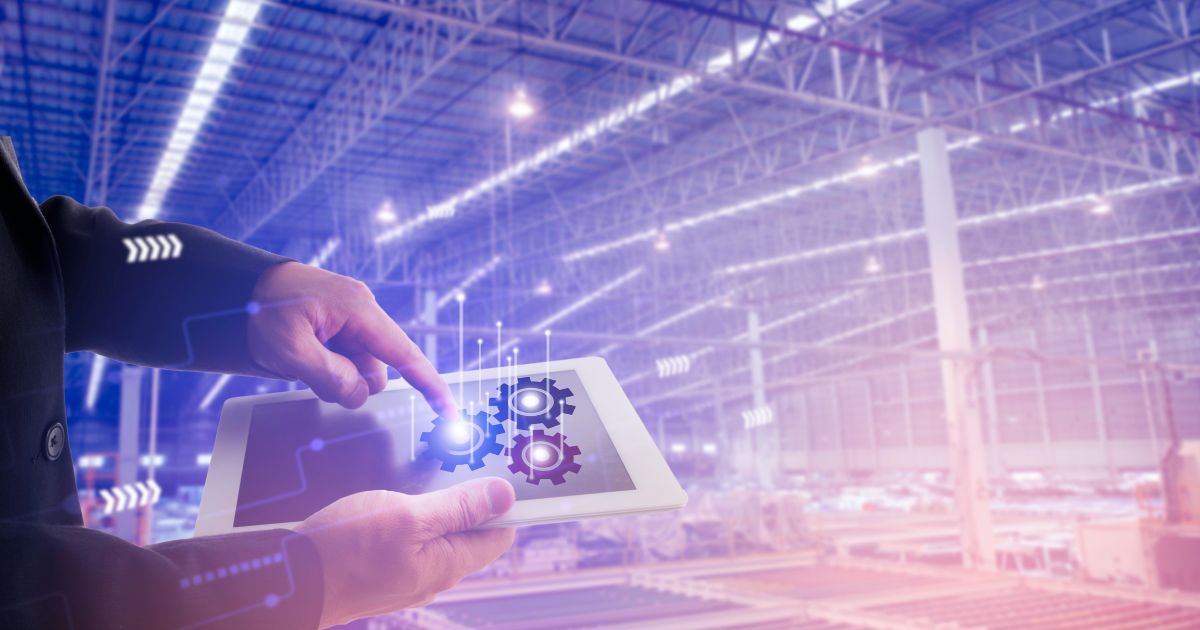Revolutionizing Manufacturing with Generative AI: A Game-Changer for Industry

In the fast-paced manufacturing world, staying ahead of the competition is crucial to maintaining relevance. One of the most essential driving forces behind the industry is innovation, and one of the most promising innovations on the horizon is Generative Artificial Intelligence (AI). This cutting-edge technology has the potential to revolutionize manufacturing processes, offering efficiency, cost savings, and design innovation like never before.
The Genesis of GenAI
GenAI is a subset of artificial intelligence that teaches machines to generate content autonomously. Traditional AI systems rely on predefined rules, while generative AI harnesses the power of deep learning neural networks to create new and innovative outcomes. This technology has evolved rapidly in recent years, thanks to machine learning and computing power advances.
How Generative AI Works
At the heart of generative AI lies the neural network architecture called the Generative Adversarial Network (GAN). GANs consist of two primary components: the generator and the discriminator. The generator creates content while the discriminator evaluates it. These two components engage in a continuous feedback loop, with the generator trying to produce content that the discriminator cannot distinguish from human-made content.
Generative AI leverages GANs in manufacturing to perform various tasks, including product design, process optimization, and quality control.
GenAI in Product Design
Product design is a critical phase in manufacturing, and it sets the stage for the entire production process. Innovative and creative designs pave the way when maintaining relevance in a competitive market. Generative AI has the power to transform product design by automating and enhancing the creative process. This is made possible by:
1. Rapid Prototyping
Generative AI can quickly generate design prototypes based on input parameters, enabling manufacturers to explore multiple design options in a fraction of the time it would take through traditional methods. Accelerated prototyping speeds up the design phase and encourages creativity by allowing engineers and designers to experiment with novel ideas.
2. Design Optimization
By analyzing vast content sets and refining designs, generative AI can optimize product designs for various factors, such as cost, weight, and performance. Manufacturers can efficiently fine-tune their products to meet specific criteria and market demands.
3. Customization at Scale
In today’s consumer-driven market, customization is a significant selling point. Generative AI can produce customized product variations without significantly increasing production costs, making it possible to offer personalized products to a broader audience.
Process Optimization
Any improvements and changes made in production processes can profoundly impact a company’s bottom line. Generative AI can assist in process optimization in the following ways:
1. Supply Chain Management
Generative AI can analyze supply chain data to optimize inventory levels, reduce lead times, and enhance procurement strategies. It can also predict demand fluctuations and suggest adjustments to minimize waste and costs.
2. Predictive Maintenance
Machine breakdowns can disrupt production and result in costly downtime. Generative AI can analyze sensor data and historical maintenance records to predict when equipment is likely to fail. By performing proactive maintenance, manufacturers can reduce downtime and extend the lifespan of their machinery.
3. Energy Efficiency
Manufacturers are under increasing pressure to reduce their carbon footprint. GenAI can analyze energy consumption data and recommend strategies for reducing energy usage without compromising production efficiency.
Quality Control and Assurance
Maintaining consistent product quality is vital for a manufacturer’s reputation and customer satisfaction. Generative AI can play a pivotal role in quality control by:
1. Visual Inspection
Using computer vision, genAI can detect defects in products with high precision. It can analyze images of products and identify imperfections that may be missed by human inspectors, ensuring that only high-quality items reach the market.
2. Process Monitoring
Generative AI can continuously monitor production processes and identify deviations from established quality standards. It can alert operators to potential issues in real time, allowing for immediate corrective actions.
The Future of Manufacturing
Integrating generative AI into manufacturing processes is already underway, and its impact is becoming increasingly evident. However, the journey is far from over, and the future holds even more exciting possibilities:
1. Autonomous Factories
The concept of fully autonomous factories, where genAI oversees the entire production process from design to distribution, is on the horizon. This could lead to more efficient, cost-effective, and environmentally friendly manufacturing.
2. Collaborative AI
Generative AI may work with human designers, engineers, and operators, enhancing their creativity and problem-solving abilities. This collaboration could result in the development of entirely new products and processes that were previously unimaginable.
3. Sustainable Manufacturing
GenAI can help manufacturers reduce waste, energy consumption, and resource usage, contributing to more sustainable and eco-friendly production practices. This aligns with the growing demand for environmentally responsible products.
4. Enhanced Data Security
As generative AI becomes more integrated into manufacturing, protecting sensitive data and intellectual property will become paramount. Advanced security measures and encryption techniques will safeguard proprietary designs and production data.
GenI is poised to revolutionize manufacturing by optimizing product design, streamlining production processes, and ensuring consistent quality. Its potential to drive innovation, improve efficiency, and reduce costs positions it as a game-changer in the industry.
However, successful implementation requires careful planning, data security measures, and ethical considerations. Manufacturers must embrace generative AI to enhance their capabilities, collaborate with human expertise, and navigate the evolving technological landscape.
As we move forward, the collaboration between human creativity and genAI promises to create a manufacturing landscape that is not only more efficient and cost-effective but also more sustainable and responsive to consumer needs. GenAI is not just a technology; it’s a catalyst for the future of manufacturing.








